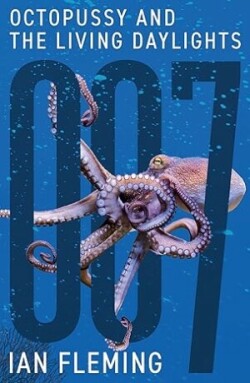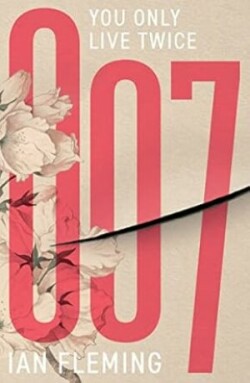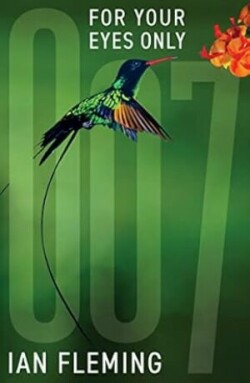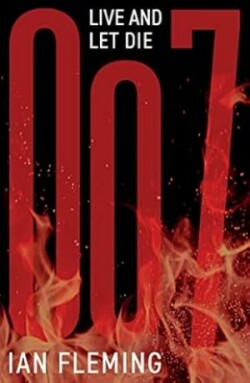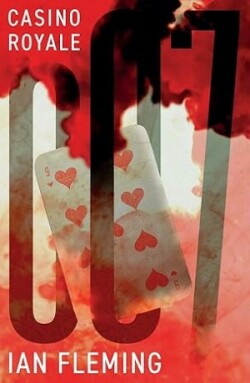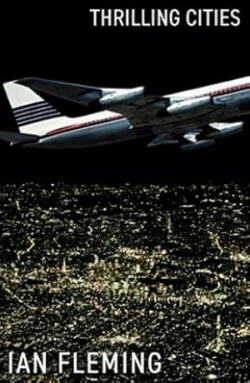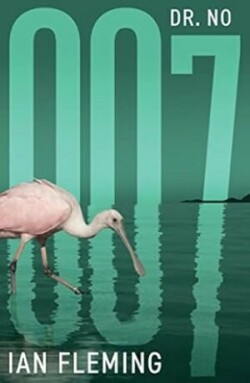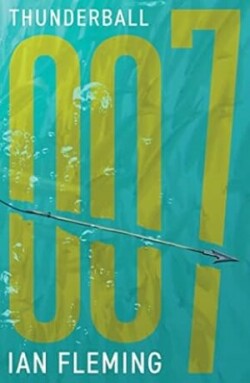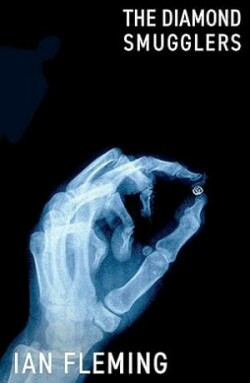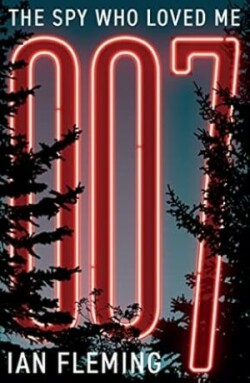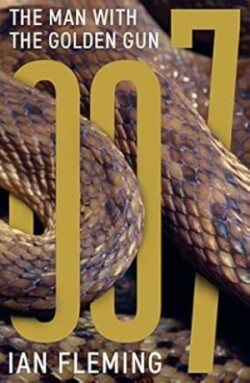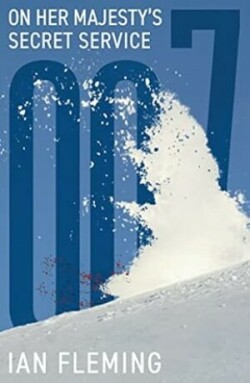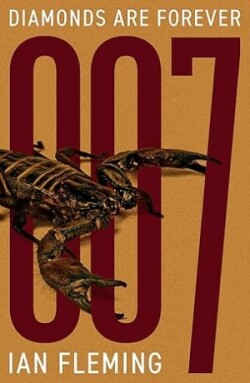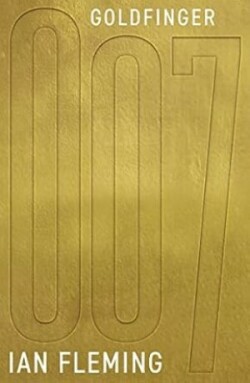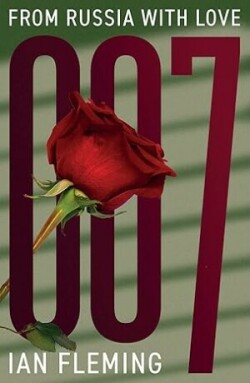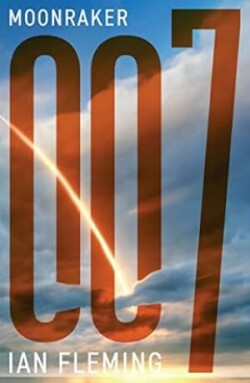The man, the legend, the author of James Bond.
Is James Bond truly a fictional character or is he the reflection of Fleming's unfulfilled desires?
Ian Fleming: The Complete Man
Ian Fleming: The Complete Man
Ian Fleming was many things, from poor little rich boy to spymaster to bestselling author, but his incident-filled life has been consistently overshadowed by his most famous fictional creation, James Bond. He is also a ‘problematic’ personality. Like the 007 of the novels, Fleming was elitist, sexist and occasionally racist. However, while the cinematic James Bond can be constantly rebooted to suit new social norms and political landscapes, Fleming remains an embodiment of a snobbish upper-class Britishness, more Bentleys than Beatles.
And yet Nicholas Shakespeare’s new biography is in many ways a celebration of Fleming’s life. Shakespeare writes in his manifesto-like introduction that Bond’s creator deserves a reassessment.
For all his undeniable shortcomings, he was an unfailingly intriguing character who … was more than capable of being sympathetic, funny, vital, humane: of glowing.
Fleming himself declared his lofty ambition of being ‘the Renaissance ideal, the Complete Man’ and this is how Shakespeare wishes us to see the man behind James Bond.
Whether or not Ian Fleming was the Complete Man, this is certainly the Complete Biography, weighing in at a mighty 821 pages. It details the Fleming family’s astounding Victorian journey from Dundee poverty to super-wealth in jute, railways and banking. Yet young Ian Fleming’s life was far from idyllic. Aged just eight, he lost his father to World War I. This gave Ian an early sense of failure and inadequacy, as he felt unable to emulate his father’s untainted heroism. It also left him prey to his domineering mother, who would exert a major influence on Ian’s life for much of his life, pushing him into various schools and careers, and remorselessly breaking off his engagement to the Swiss woman Monique Ian had met in Geneva in the early 1930s. Then there was older brother Peter. Peter Fleming was the star of the family: excelling at school, a real-life adventurer across the Amazonian rain forests and Eurasian steppes and a critically acclaimed author.
Given his family circumstances and complicated psychology, it was no wonder that young Ian failed for much of his life. Expelled from Eton. “Withdrawn” from the Sandhurst military academy. Failed his entrance exams to the Foreign Office. Became, in his own words, “the world’s worst stockbroker”.
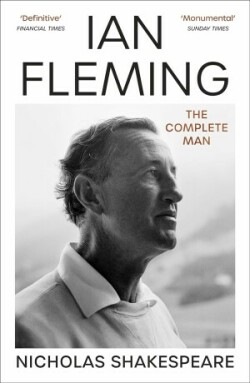
Ian Fleming
Shakespeare, NicholasThe Second World War finally allowed some of Fleming’s key characteristics – his sense of social ease and his unconventional imagination – room to flourish. Fleming secured a job as assistant to the chief of naval intelligence (‘M’ in the James Bond franchise). Fleming’s wartime service contributed to, amongst other things, the recovery of the Enigma cypher machine and the development of the American CIA. It also provided much of the material for the Bond formula. Individuals, places and scenarios from Fleming’s war would all resurface in the Bond novels, above all the trope of a plucky lone Englishman defending the world from a ruthless foreign adversary bent on world domination.
After a post-war interlude during which Fleming worked as a newspaper executive, acquired the Goldeneye estate in Jamaica and got married, he published the first of his Bond books in 1953.
The Bond series dominated Fleming’s last decade. It allowed him to relive his wartime excitements, indulge in a middle-aged married man’s wish fulfilment (Bond is free, promiscuous and also good) and eventually made him rich and famous. But Bond also killed him. Fleming, like Arthur Conan Doyle before him, found his hero a crushing burden. A plagiarism court case placed him under enormous strain, and surely contributed to the heart attack and chronic illness that caused his premature death in 1965.
This biography of Ian Fleming is a diligently researched and comprehensive account of the author’s colourful life. Perhaps the most colourful aspect of that life is Fleming’s tempestuous relationship with his wife, Ann. Shakespeare utilises prized access to the Fleming family papers to document a relationship that was as destructive as it was passionate. Here he quotes Ann shortly after their affair began:
"I love cooking for you and sleeping beside you and being whipped by you and I don’t think I have ever loved like this before."
Surprisingly, a shared enthusiasm for bondage (pun 100% intended) did not prove quite enough to make theirs a successful union. Both drank too much and were unfaithful. Amazingly, while Ian was making his Jamaican bolthole available to the ailing British Prime Minister Anthony Eden, Ann was in the throes of a passionate affair with Hugh Gaitskell, leader of the opposition Labour Party. Ann and Ian’s only son, Caspar, was the incarnation of Oscar Wilde’s fiendish hedonist Dorian Gray; his short life was ended by drug overdose in 1975.
Fleming’s professional and domestic lives are convincingly and poignantly reconstructed by Shakespeare. However, as a definitive verdict on Fleming, this book doesn’t always deliver. For example, more could have been said on Fleming’s attitudes towards race. The clues are plentiful, from novels such as Live and Let Die (with its disapproval of black civil liberties and range of ghastly racial stereotyping), short stories like ‘Quantum of Solace’ (featuring a fascinating portrait of a humanitarian colonial official in Africa) and Fleming’s review of a book on race in Jamaica for the Times Literary Supplement (not cited by Shakespeare). Ought we (as this intersectional roasting would suggest) condemn Fleming and much of his fiction as racist? Should we see him simply as a man of his times and let him off the hook? Is there a middle way between both extremes? I am little the wiser coming away from this book.
Nicholas Shakespeare has delivered a detailed and sympathetic portrait of the man who gave us James Bond. Even though he came from privileged circumstances, and was certainly an awful snob, Fleming had his share of demons and endured many failures. Yet he played his part in the struggle against the Nazis and then channelled his experiences – of war, exotic places, birds, people, food and drink, spycraft, cars, luxury goods – into creating the most enduring fictional character of the twentieth century. For the backstory to James Bond, look no further than The Complete Man.




